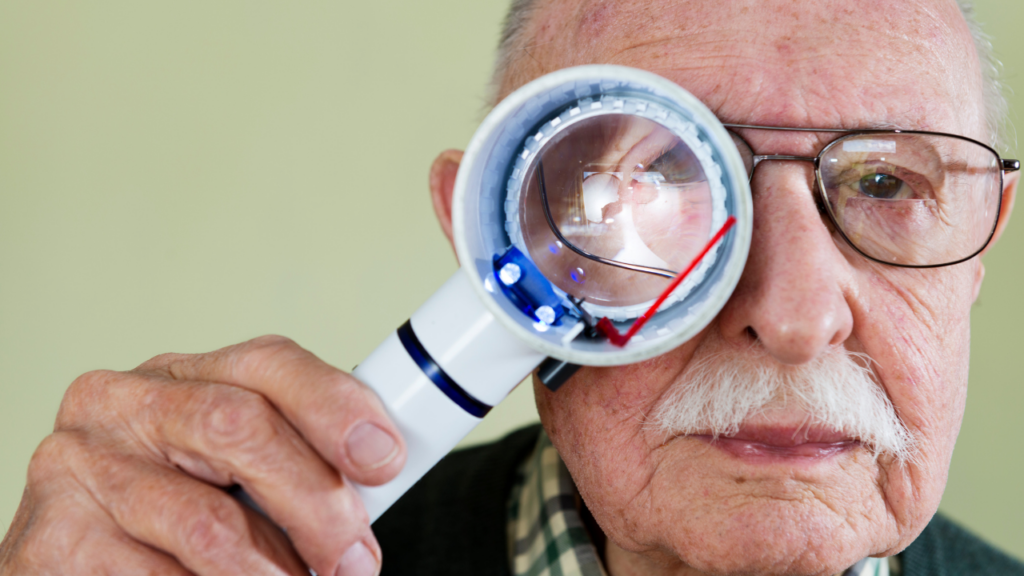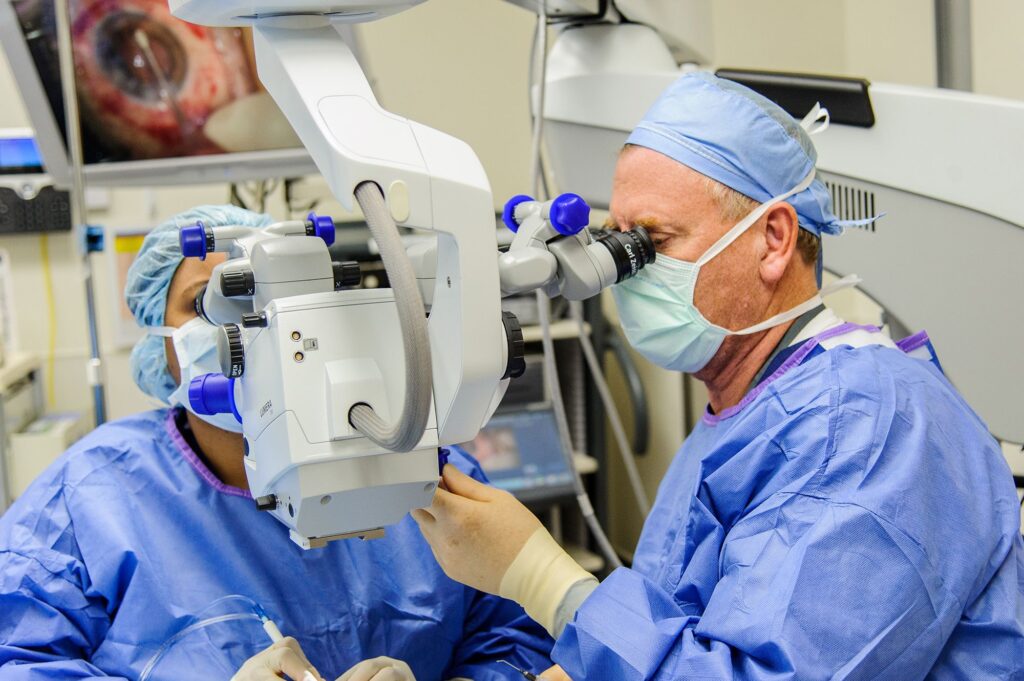Navigating Life After Retinal Surgery
Retinal surgery can be a daunting experience for anyone, especially those who have never undergone major surgery before. The recovery process is often long, and there are a lot of changes to adjust to. However, with the right knowledge and mindset, it is possible to navigate life after retinal surgery with relative ease and confidence. […]
Navigating Life After Retinal Surgery Read More »



